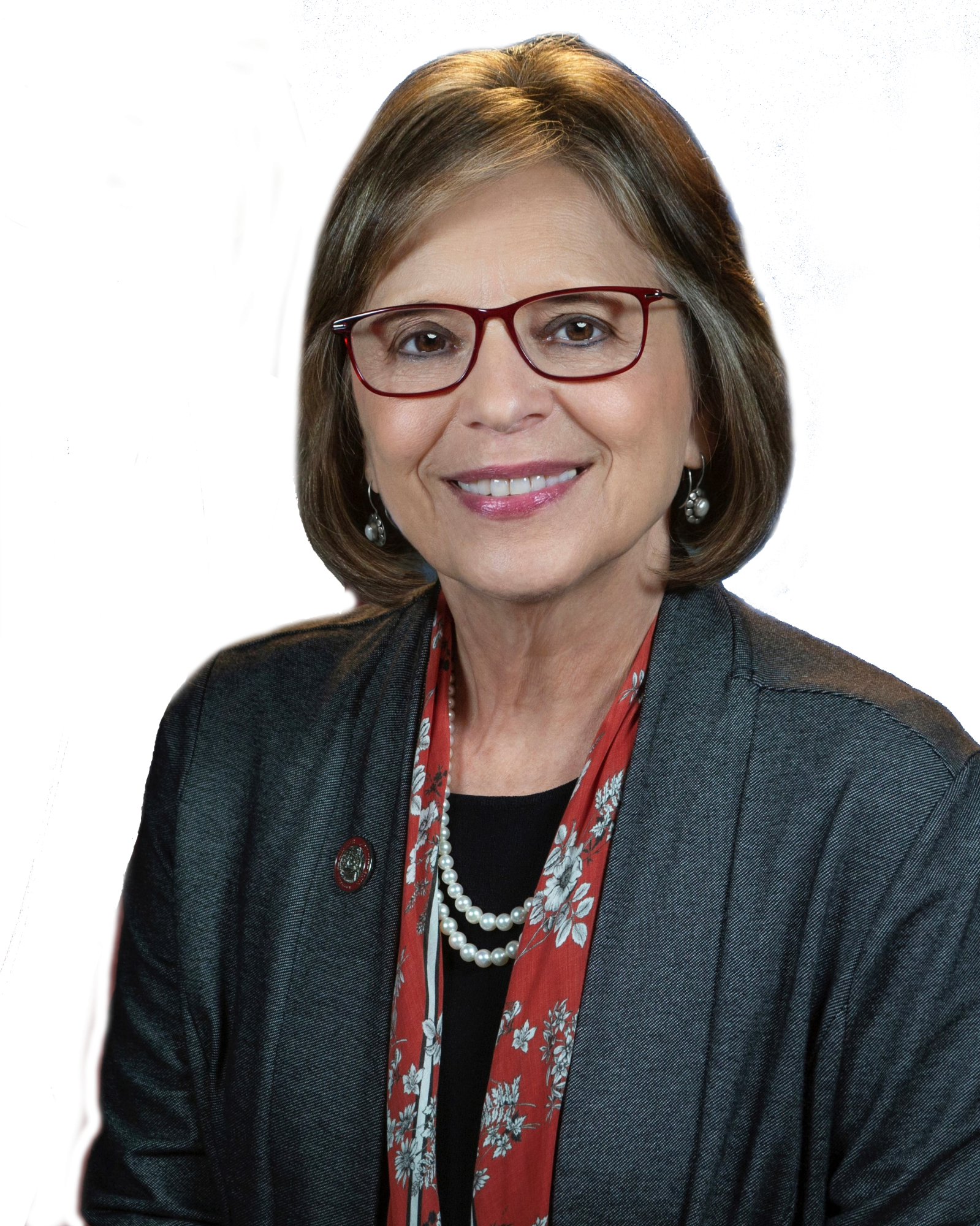Student Press Day Brings Young Journalists to State Capitol
High school students to advocate for Student Journalist Free Speech Act
Albany, NY – Student journalists from six high schools around New York State gathered at the State Capitol Tuesday as part of Student Press Day. The focus of their advocacy was the Student Journalist Free Speech Act, a bill which was discussed in meetings with legislators throughout the day and at a news conference Tuesday afternoon. The bill (S.2297/A.3079), sponsored by Senator Brian Kavanagh and Assemblywoman Donna Lupardo, is part of a national “New Voices” campaign and would give student journalists more editorial control over their publications and offer greater protections for journalism advisors.
“It’s important for New York to support and encourage student reporters,” Assemblywoman Lupardo said. “This bill ensures that responsible journalism can be practiced at the public high school level, challenging students to uphold long-standing ethical principles and practices. A predictable appeals process will also guarantee that students can defend their work when challenged.”
“As the next generation of reporters and opinion writers are learning their craft, it’s crucial that we fight to make sure their voices are heard, not censored. The Student Journalist Free Speech Act provides a great opportunity for students in New York to produce ethical journalism without being limited by their school administrators,” said Senator Brian Kavanagh. “Empowering young journalists to exercise free speech and shed light on the truth will help promote a stronger democracy. I’m proud to stand with Assemblymember Lupardo, New Voices of New York, Student Press Law Center and countless student journalists in supporting this legislation.”
The Student Journalist Free Speech Act is a result of the statewide New Voices campaign, started by student journalists and their academic supervisors and guided by the Student Press Law Center. The legislation offers protections to student journalists at the public high school level. The bill allows for the legally protected right to gather information and share ideas about issues of public concern and prevent student journalism advisors for being retaliated against for protecting students who publish potentially controversial material.
“As a staff member on my public NYC High School newspaper, The Murrow Network, I realized we needed to find more compelling stories to write about,” former high school journalist Regan Hockenberry said. “But when we began telling these stories, the school administration wanted to change them, and omit details or entire paragraphs, for the sake of the school's reputation. I was so upset. But it's good to be upset over the power of a governing force, especially when it tries to silence the people it's governing. That's where journalists come in. We expose what's going wrong so that the public can do something about it. Where there's a government, there needs to be journalists and investigators, free from bias and free from the command of any higher power. Whether it is the U.S government, or the administration of a high school, stories deserve to be uncovered and shared with the population.”
The Supreme Court’s 1988 Hazelwood v. Kuhlmeier decision gave school administrators the ability to review, and ultimately censor, student publications. The Lupardo/Kavanagh bill would still protect schools by exempting speech that is “libelous, an invasion of privacy, or incites students to commit an unlawful act, violate school policies, or to materially and substantially disrupt the orderly operation of the school.” The protections for both student journalists and schools have helped to garner support from administrators.
“In my 20 year administrative career, I have learned that students are the eyes and ears of a school and district and they have powerful stories to tell as a result,” Corning-Painted Post Area School District superintendent Michael Ginalski said. “As the superintendent, I also want to know what kids think — unguarded. I believe wholeheartedly that bringing the things they see into the open in a responsible manner will only strengthen school communities and ultimately, schools will operate more effectively. I have learned through the years that students can be really helpful in identifying issues so it’s a smart leadership move to provide that opportunity. In the end, I’d much rather see something controversial covered in a school newspaper or yearbook instead of a secret Facebook page where the authors are unknown. Ultimately, this is the students’ program. Our team needs to give them the freedom to cover stories through their own eyes. ”
Currently 14 states have enacted legislation to protect journalists at public and private high schools and colleges; 11 more have legislation pending this year. The New Voices campaign is guided by the Student Press Law Center, an independent, non-partisan 501c(3) which works to promote, support and defend the First Amendment and press freedom rights of student journalists and their advisers. The SPLC uses the law to help students of all ages meaningfully participate in civic life and learn essential skills, ethics and values through the vehicle of journalism.
